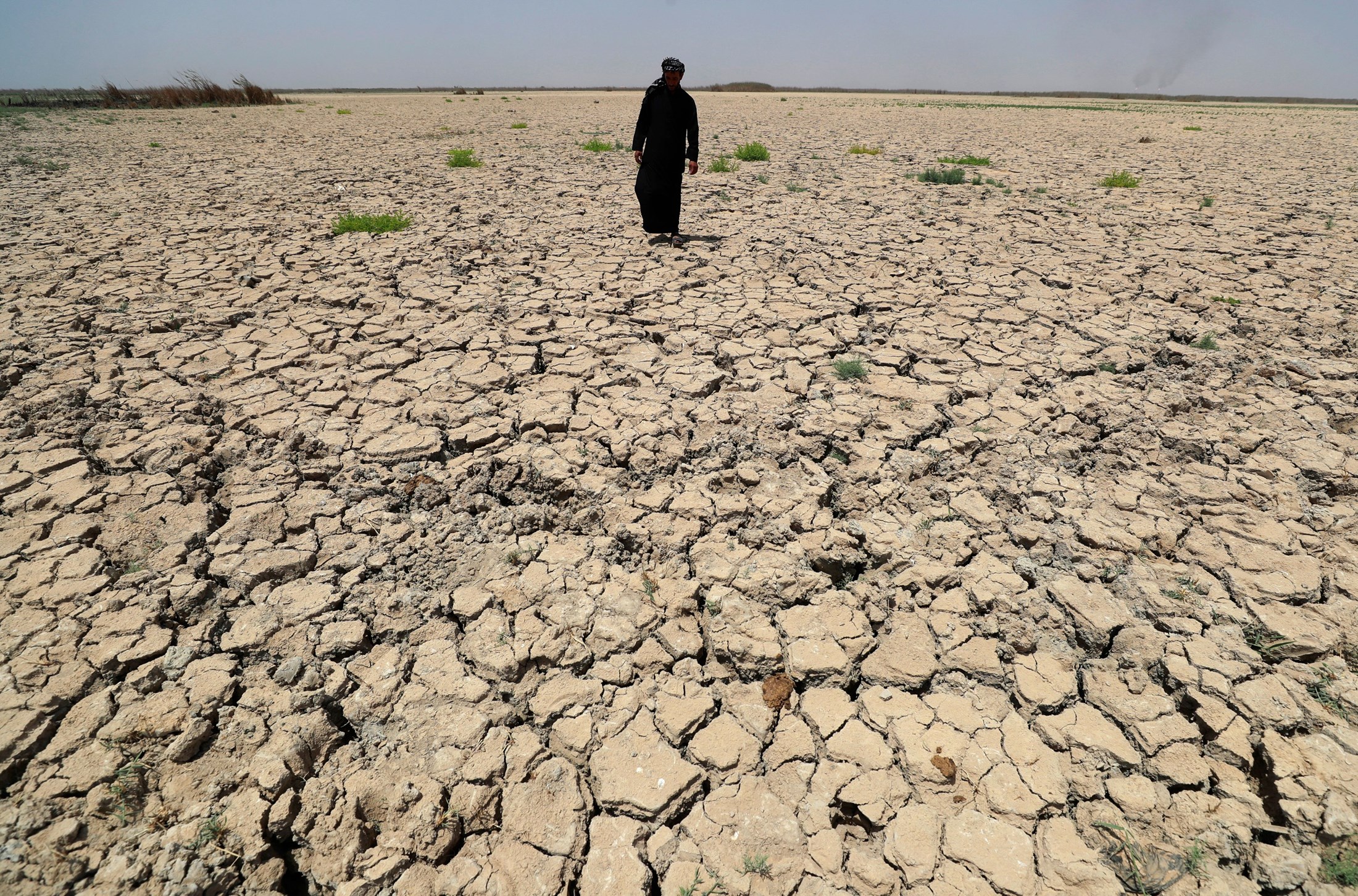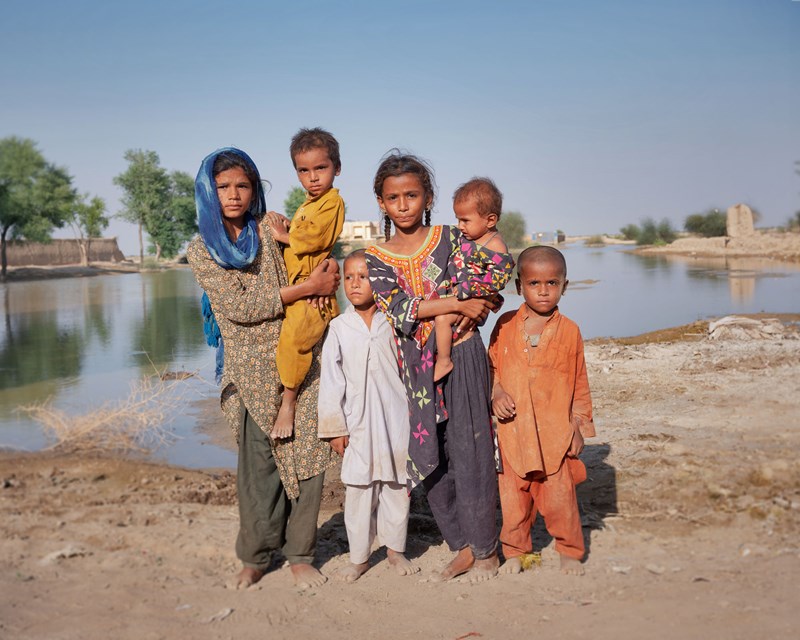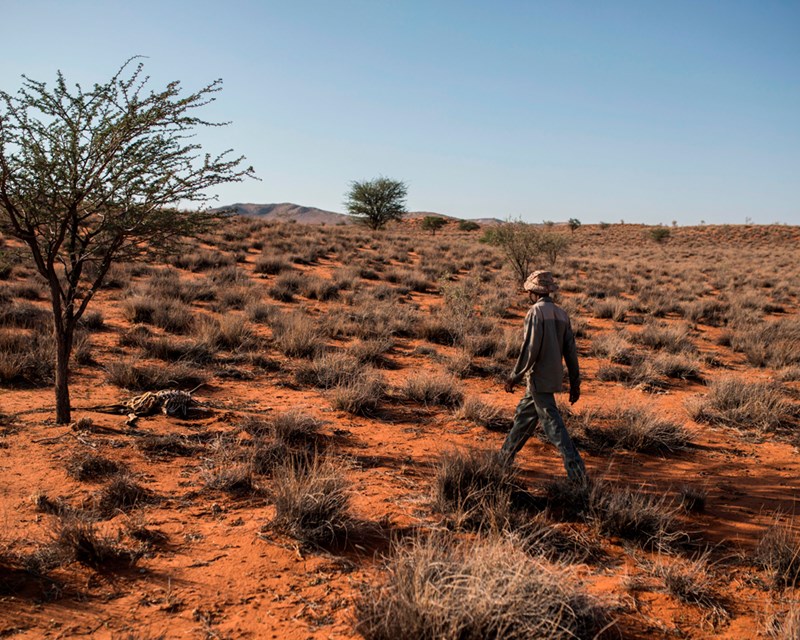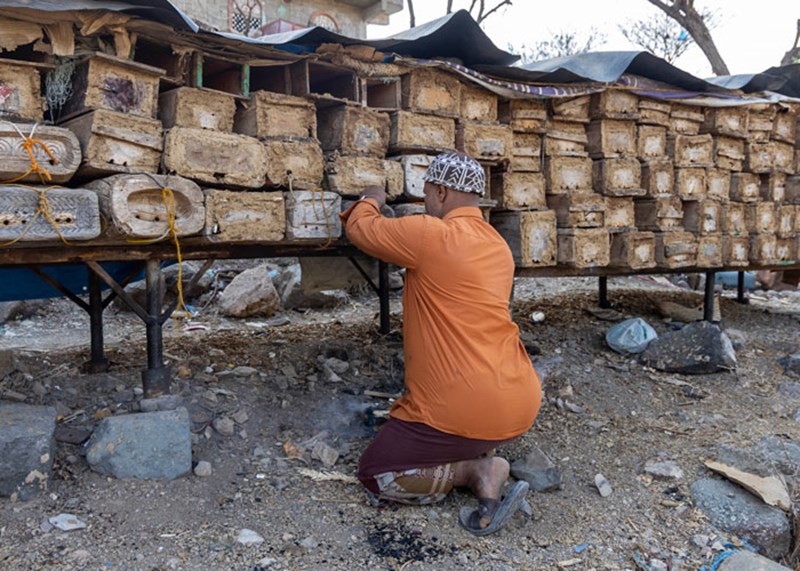More than US$3bn worth of commitments were made by philanthropic foundations at the COP27 climate summit in Egypt, as global policy makers gathered to discuss targets for tackling global warming and dealing with the effect of climate change.
The Bezos Earth Fund, the Bill and Melinda Gates Foundation, the Rockefeller Foundation, and IKEA Foundation were among the organisations that announced new climate-related initiatives. Programmes ranged from improving agricultural techniques and boosting food security, to safeguarding forests, making transport more sustainable, and reducing reliance on fossil fuel generators.
It was philanthropy’s most prominent COP to-date and comes amid criticism of how private donors have only been committing 2% of their annual giving to the climate crisis, despite the scale of the need and the deleterious impact climate change has on other areas they fund.
Although there were no new financials pledges announced by foundations from the Arab region at COP27, a number attended the two-week event in Sharm el Sheikh, with organisations such as Community Jameel and the Sawiris Foundation for Social Development (SFSD) hosting and participating in various panels and side events.
“Having this COP in Africa, and in particular in Egypt, gave civil society an excellent chance to participate and share their opinions, experiences, and recommendations,” said Abdelrahman Nagy, SFSD’s director of learning and strategy.
Nagy said he believed the philanthropy sector “has considerable expertise and intensive knowledge that can contribute positively to overcoming environmental challenges” and he said SFSD was now applying a “climate lens” to all its funded projects “to ensure that it tackles the consequences from different perspectives,” in addition to supporting agriculture projects and other environmental programmes.






